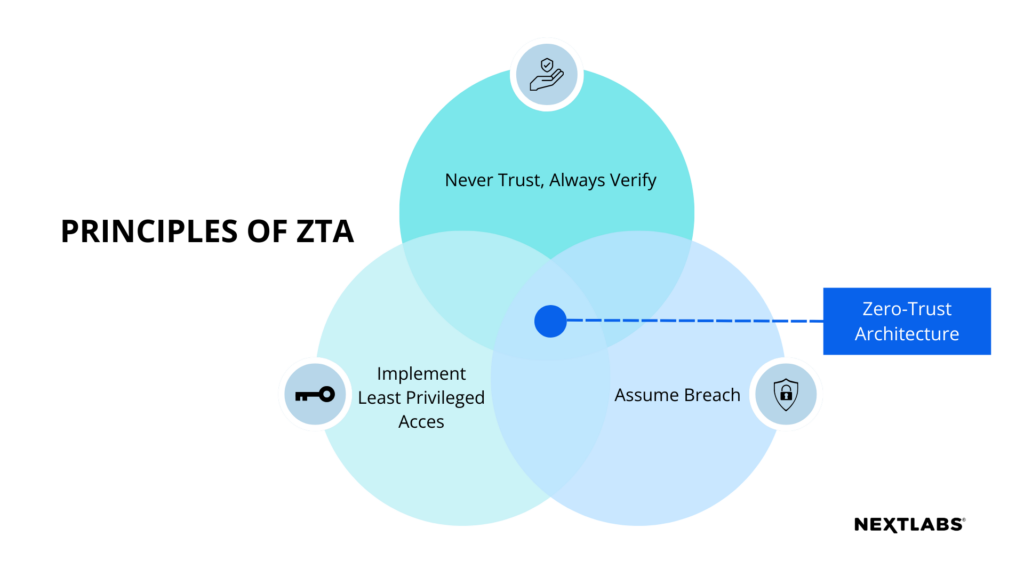The following are some of the common business applications of Zero Trust Data Security.
- Modernization – With Zero Trust Data Security enterprises can keep data secure during system modernization projects by providing centralized authorization for legacy and new applications.
- Segregation of Duties (SoD) and Compliance – Global enterprises often have many different and overlapping regulations that they need to comply with. Zero Trust Data Security allows organizations to enforce segregation of duties to ensure no violations of applicable regulations, including GDPR, SOX, ITAR, FDA, etc while automating controls and the audit process.
- ERP Consolidation – Enterprises are driven to consolidate multiple existing ERP instances into a single global instance for all of the efficiencies this brings. Zero Trust Data Security allows organizations to protect critical data while consolidating those existing ERPs into a single global instance.
- M&A, JVs, Divestitures – Enterprises in the process of mergers, acquisitions, divestitures or joint ventures can keep sensitive data safe while integrating new businesses or splitting off businesses from parent companies. This allows them to comply with M&A, JV, or divestiture agreements while having quicker implementation and lowering the security risk by segregating and partitioning data on existing systems.
- Cybersecurity – Cybersecurity threats are always evolving and organizations must continually adapt their defenses to counter the latest threats. Zero Trust Data Security allows enterprises to reduce cybersecurity risks and implement the best practices as defined in the NIST Cybersecurity Framework. This helps facilitate data and system consolidation and migration to the cloud.
- Trade Secret Protection – There are high costs to enterprises when data breaches result in unauthorized access to trade secrets. Zero Trust Data Security makes sure only the right people have access to the right data and reduces the threat of unauthorized disclosure due to insider or outsider threats.
- Automation – Enterprises can have more consistent enforcement of segregation of duties and internal control policies while cutting implementation and maintenance costs by automating business processes and internal controls.


To comment on this post
Login to NextLabs Community
NextLabs seeks to provide helpful resources and easy to digest information on data-centric security related topics. To discuss and share insights on this resource with peers in the data security field, join the NextLabs community.
Don't have a NextLabs ID? Create an account.